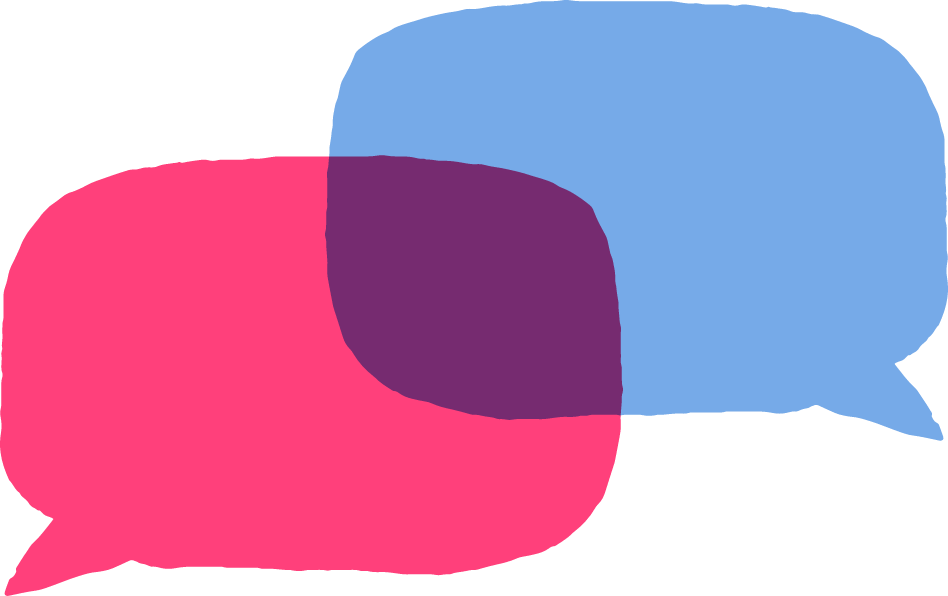This website is a safe space for those affected.
No personal data will be stored or passed on to a third party.
We would like to offer support to people affected with this disposition, and to provide them with ways that can help them live with it. You can access the .onion URL here.
